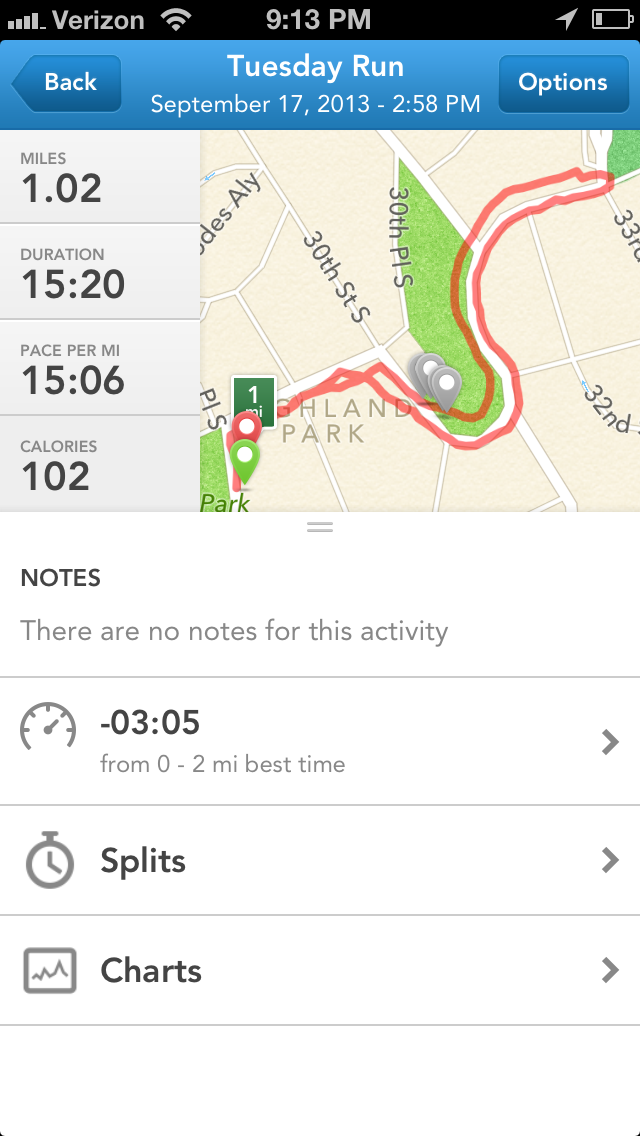 My couch is my refuge. I don't actually have a desk, so I usually settle into a spot on the center cushion. It's not particularly comfortable, which is part of the appeal -- I have to be productive so I can get up and move before I mess up my back. Instead of slowing falling asleep, I can concentrate on writing.
My couch is my refuge. I don't actually have a desk, so I usually settle into a spot on the center cushion. It's not particularly comfortable, which is part of the appeal -- I have to be productive so I can get up and move before I mess up my back. Instead of slowing falling asleep, I can concentrate on writing.
Once I'm settled, I usually check my e-mail, Facebook and Twitter to see if anyone's posting material that's interesting and/or pertinent to the day's writing. If not, I start researching. After opening 10-20 pages in separate tabs, the writing begins. The first draft usually gets trashed or overhauled. The second is bearable, and the third usually gets posted.
It might seem silly to spend so much time on each piece, but I'm a perfectionist. This set of tendencies also motivates me to give even more time and focus than my personal posts. As a freelancer, each story/article/post that carries my name also impacts my reputation. No pressure, right?
Wrong. Somewhere along the line, I picked up the idea that mediocre writing was equivalent to failure. After some time, it became ingrained. Since then, writing has been fun, but it's also riddled with anxiety. This feeling gets worse if I cut a deadline too close or skip a few days. My anxiety level is also directly proportional to the size of the assignment -- if it's a short piece for my blog, I'm fine. For my first two mentalfloss.com pieces, each inspired a fear that's almost a paralytic. The results have been awesome, but that part of the process isn't fun.
Working through this emotional block can be a challenge to any writer. For me, breaking these tasks into manageable chunks like transcription, research and writing makes them less daunting. On any day where I'm feeling off I can knock out one or two of the preliminary steps. After a few hours or days working like this, each article is broken down into its components and outlined. At this point, I'm raring to do anything other than grunt work and usually knock the actual writing out quickly.
My process might not be the healthiest, but it's mine and it usually works. Allowing myself the time to go through these steps and create new writing is especially important during this month's Blog Like Crazy challenge. After scheduling out my exercise for the next month, I'm looking forward to seeing how a new balance impacts my blog and writing career.
Have a different process? Please share it in the comments!


